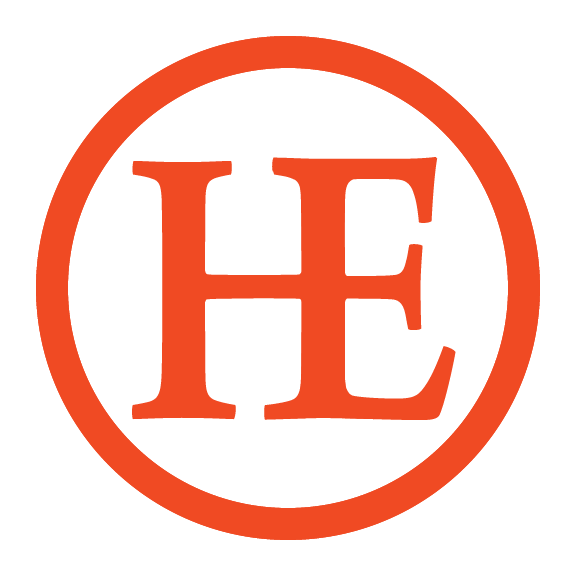This will be a long one:
With my success I felt responsibility. Responsibility to do honor to my roots and champion a cause that felt worthwhile. I didn’t want to talk, I wanted to do. Much of my early riding career was dependent on the myriad of people who took the time to coach, to mentor, to provide horses or show opportunities even though I had no way of paying for them. Riding opportunities at HE will never be wholly determined on income but I was finding myself giving resources to many who already had access and opportunity. I often wondered how I might do more.
5 years ago I had the opportunity to move to Philly to work for a non-profit that meant a lot to me, it diligently provided equestrian opportunities to low-income inner city kids who had only seen horses on the television. Many of these kids first thought horses were uppity, bougie and so removed from their world. They had no idea how much poor, BIPOC cowboys had influenced the shape of the world. They also had no idea how much horses could provide for them in the future. In the hunter-jumper world alone, the job opportunities are endless. From tacking on shoes (my god do we need more informed and skilled farriers), to grooms, trainers, vets, haulers, etc, etc, there exists a myriad of extremely lucrative and important jobs in the industry. Instead of moving back east I dreamed of building something like that here, in a community who had so much history of racial and economic injustice.
So with that said:
Paperwork is officially pending, we are almost 501c(3) official! HE is ELATED to partner with @charles and @vince of the 8 second rodeo to offer riding and scholarship opportunities for kids underrepresented in the equestrian community. The collective American consciousness is highly invested in the romanticization of the Texas cowpuncher, it values a sense of closeness to nature and simplicity of living that is wholly repugnant to our current digital age. Likewise, military valour and Western European traditions of dressage and showjumping are replicated and reinforced. Most can rattle off names like Monty Roberts, John Wayne or Mclain Ward while the incredibly rich and diverse history of BIPOC horsemen (and women) like Cheryl White, James “Jimmy” Winkfield, Bill Picke, Nat Love, are minimized.
I created my barn to be a respite from the majority of trainers who complained about one girl’s braids, another’s language. I wanted a safe space where we all felt like we were seen, heard and not merely pressured to conform. I welcome this next chapter where we extend our door’s to those outside of the community.
With this said, we are accepting donations of time, labor, equipment, etc. I have enough English tack to outfit an entire barn but we are looking for western outfits, western horse donations, and even clothing and boots. If any would like to donate time coaching or tutoring, we would love to have you!
Phew, a lot to say on the gram, but it was a particularly beautiful Monday and there was a joy I felt like I couldn’t contain anymore. I am joyous on this development and I am also so joyous at the years of support from so many clients and friends. Without you, I wouldn’t be here doing all that I love.
